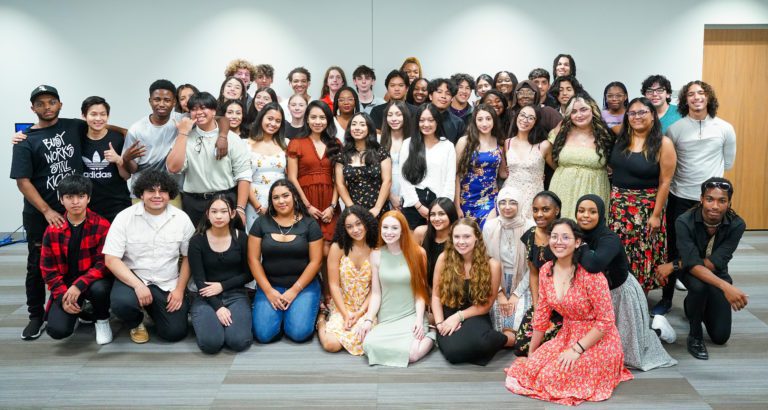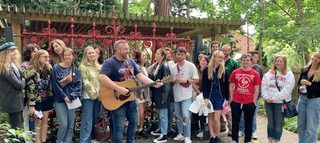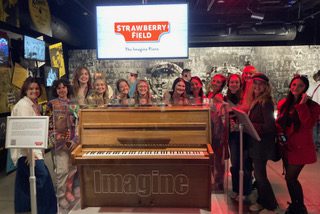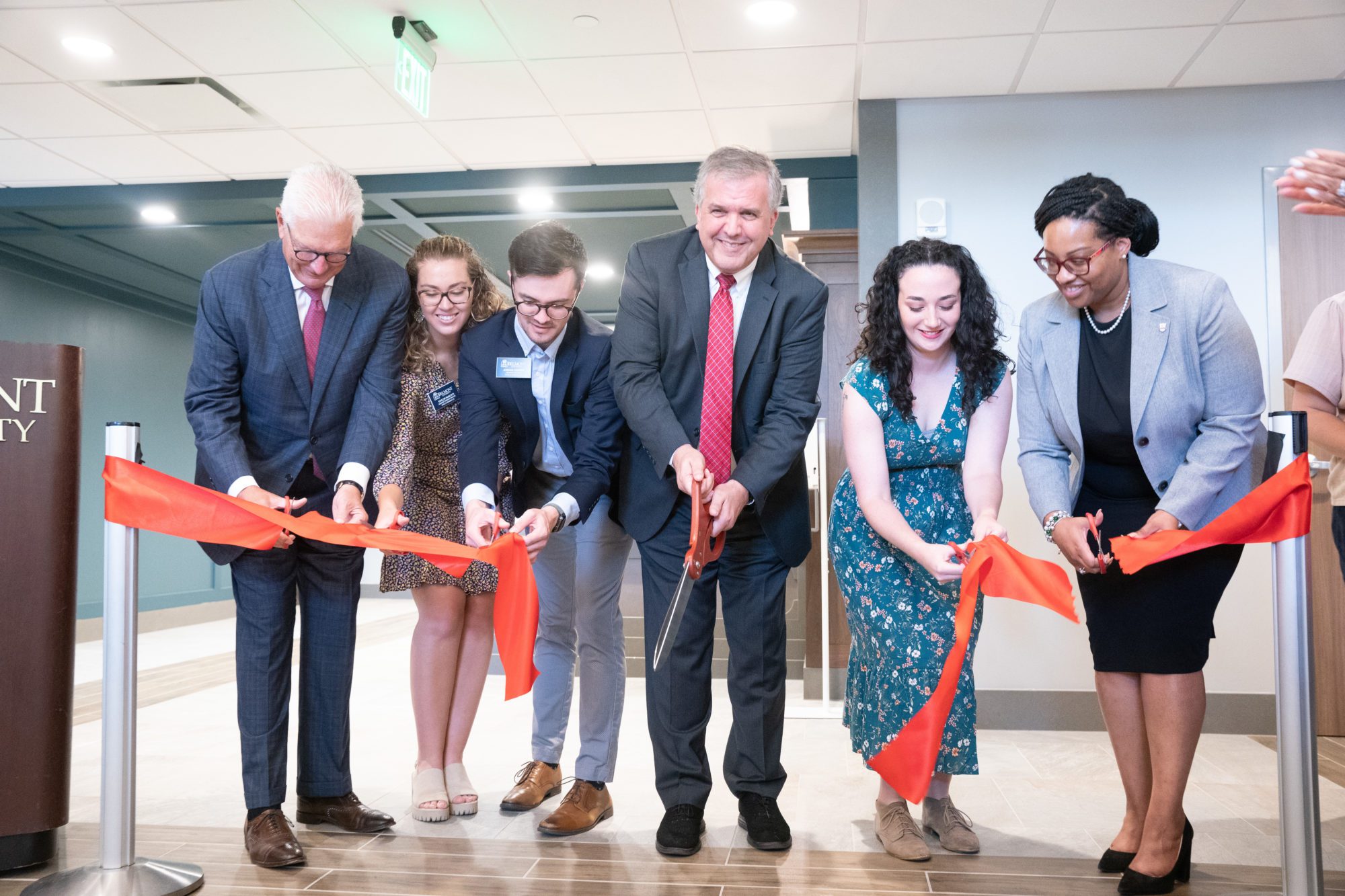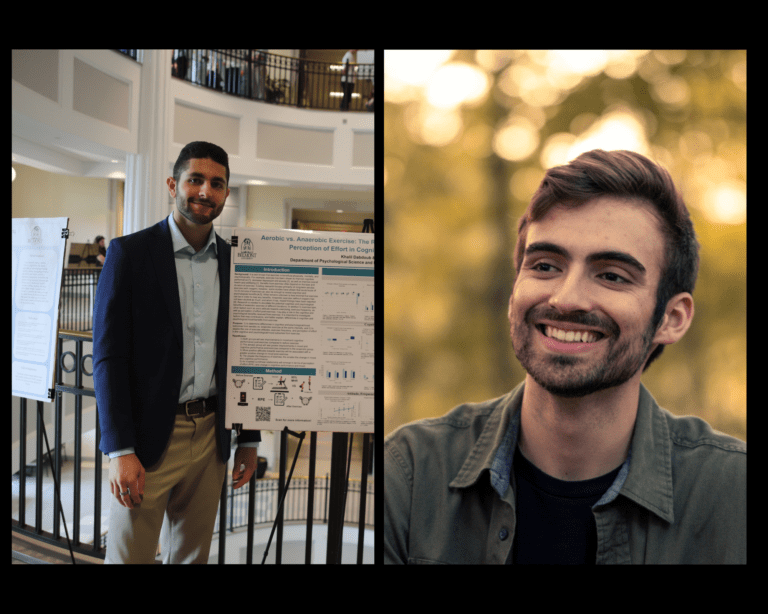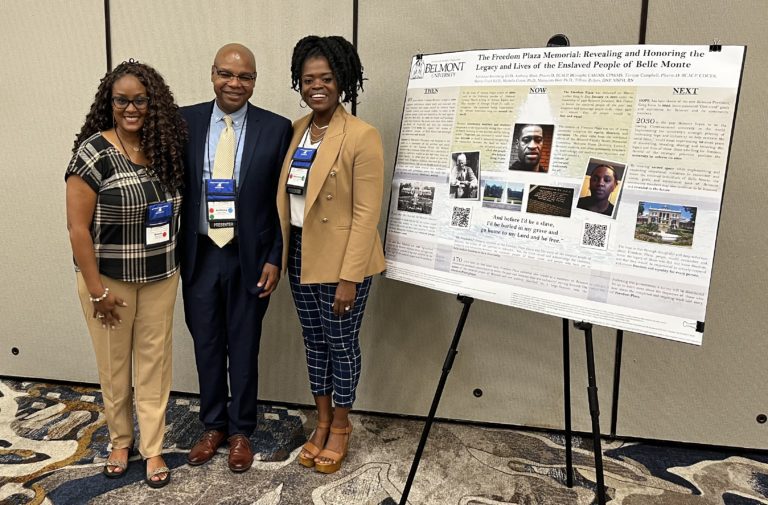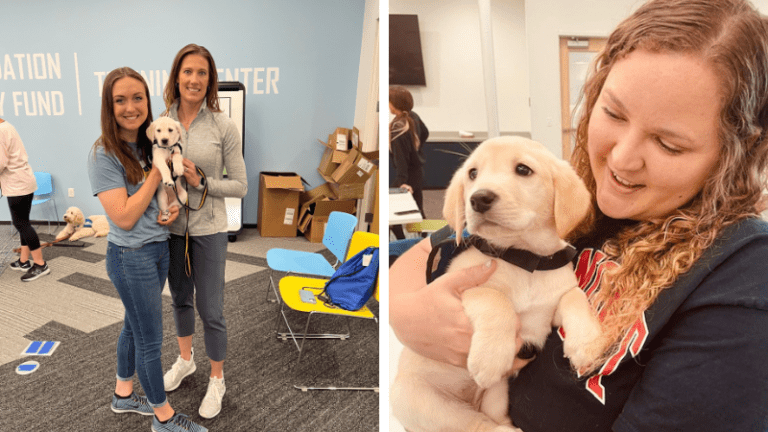Belmont University’s Bell Tower Scholars, the centerpiece scholarship program for our Bridges to Belmont initiative, announces its expansion to all 12 zoned Metro Nashville Public Schools (MNPS) high schools in the fall of 2023.
The addition of Cane Ridge and Antioch high schools follows a significant expansion this fall to include 50 students across Metro Nashville high schools.
“Belmont’s generosity in making full-ride scholarships available to MNPS graduates never fails to put a smile on our faces, and we’re thrilled to be able to say that graduates of all 12 of our zoned high schools are eligible,” MNPS Director of Schools Dr. Adrienne Battle said. “It’s an incredible commitment to our young people and a smart investment in their success.”
The Bell Tower Scholars program was designed to provide high-achieving, high-need students from Metro Nashville Public Schools (MNPS) full-ride access to a Belmont University education. Since its launch in 2013, the initiative has grown with the support of Belmont alumnus and Belmont Board of Trustees Chair Milton Johnson and his wife Denice, who created a $10 million endowment to support the initiative in 2015.
The charter class included 27 students from four schools and now includes 143 scholars who collectively hold an average 3.01 GPA. Many of these are active student leaders holding executive board or chair leadership positions in several organizations, including the Black Student Association, Greek Life, HOPE Council, Student Government Association, Hispanic Student Association, Belmont Engineering & Robotics, Bruin Recruiters and more. To date, Belmont’s investment in MNPS students through the Bell Tower Scholars pathway exceeds $34 million.
Belmont President Dr. Greg Jones said, “We are thrilled to continue the trajectory of hope we have with the Bell Tower initiative. We believe that by expanding this program, we expand our capacity for being part of generational change among our most deserving neighbors. These proven problem solvers and leaders of character will address the challenges of today and tomorrow, and it’s our honor to support them throughout their higher education experience.”
The Bell Tower Scholars program reflects an intentional step on the part of Belmont’s administration to enhance the University’s cultural and ethnic diversity while also continuing efforts to provide higher education to students in Davidson County. Scholars, many of whom are first-generation college students, each are awarded a full four-year scholarship that covers tuition, room, board, required fees and books (from state and federal grants as well as Belmont scholarship funds.) Throughout their higher education experience, they also are given academic support and peer mentors.
The program requires a minimum cumulative GPA of 3.0 and a 20 ACT score, though Belmont is also continuing to operate as test-optional for admissions. Priority is given to first-generation, Federal Pell Grant eligible applicants. Interested students are encouraged to contact their high school guidance counselors for information on how to be considered.
To learn about ways to support this initiative, please contact Belmont’s Office of Development at 615-460-5517.


